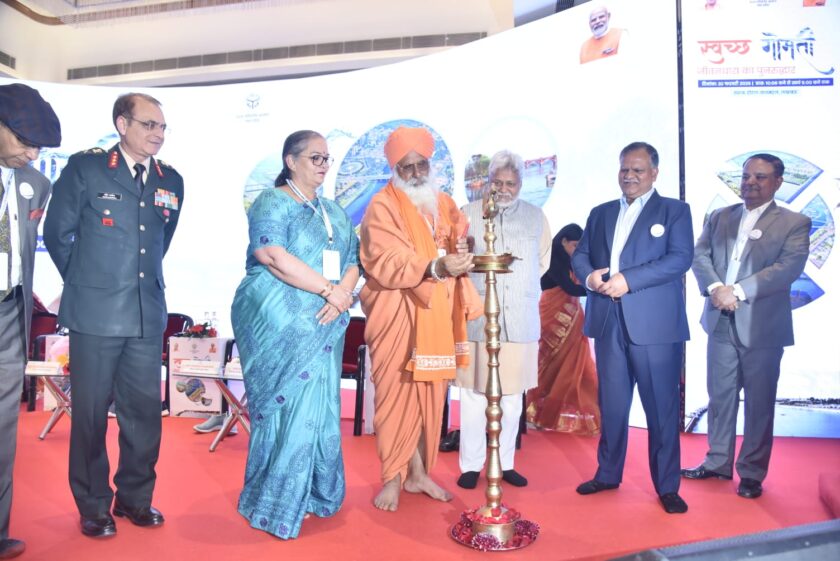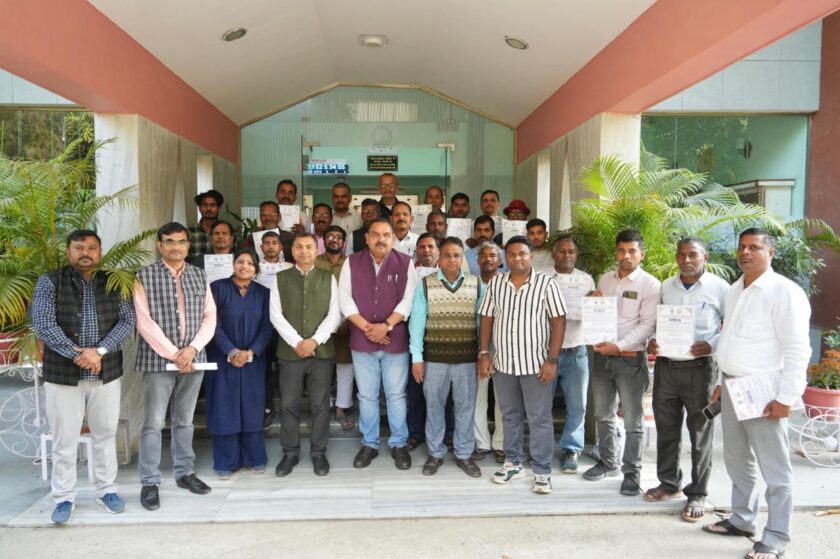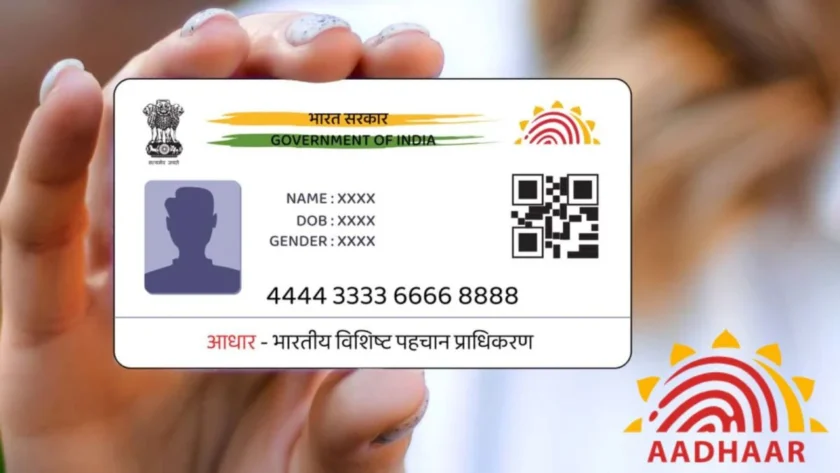New Delhi: The Supreme Court of India has raised serious concerns regarding the Special Intensive Revision (SIR) of the electoral rolls in Bihar ahead of the upcoming assembly elections. On Thursday, a two-judge bench comprising Justice Sudhanshu Dhulia and Justice Joymalya Bagchi questioned the Election Commission of India (ECI) over the practicality, legality, and timeline of conducting such an extensive exercise just months before the polls.
Key Concern: Is It Feasible Before the Elections?
The bench asked whether it is realistically possible to conduct a large-scale voter list revision within a short timeframe before the elections. Justice Bagchi noted, “If a census takes a year to complete, how can the SIR process be finished in just 30 days?” The court also flagged the risk of disenfranchising eligible voters if the revision process is not handled with caution.
Justice Dhulia posed a critical question: “If a voter fails to appeal in time, would they be denied their right to vote in the upcoming elections?”—a concern that goes to the heart of democratic participation.
Controversy Over Document Requirements
The court also objected to the exclusion of Aadhaar, EPIC (Electors Photo Identity Card), and ration cards from the list of accepted documents for verifying citizenship. It suggested that these widely used forms of identification should be reconsidered as valid proofs to avoid undue complications for voters.
Senior advocate Kapil Sibal, representing RJD MP Manoj Jha, argued that the burden of proving citizenship was being unfairly shifted onto the voter. Sibal stated, “Before removing me from the voter list, it is the Election Commission’s duty to prove I am not a citizen, not the other way around.” He criticized the omission of commonly used documents from the verification list, calling the process arbitrary and impractical.
ECI Defends the Process
Appearing for the Election Commission, Senior Advocate Rakesh Dwivedi defended the revision process, stating that the ECI was acting within the framework of the law. He revealed that over 60% of the forms—nearly 50 million—have already been submitted, signaling public participation in the ongoing exercise.

Dwivedi emphasized that the ECI has no intention of removing genuine voters from the list and that proper hearings would be conducted in the event of any objections.
Court Issues Directive to Election Commission
In its directive, the Supreme Court asked the ECI to reconsider accepting Aadhaar, EPIC, and ration cards as valid documents for the purpose of the voter revision drive. The Commission has been asked to submit a detailed response by July 21, 2025.
The court has scheduled the next hearing on July 28, by which time it expects the Commission to address the concerns raised, particularly around the fairness and practicality of the exercise.
Implications for Voters and Democracy
The outcome of this case could significantly impact voter access in Bihar, a state with a vast and diverse electorate. The court’s intervention underscores the need to balance electoral integrity with inclusive participation, especially in a democratic exercise as fundamental as voting.
With elections nearing and over 5 crore submissions already made, all eyes are now on the ECI’s next move—and the Supreme Court’s response.









